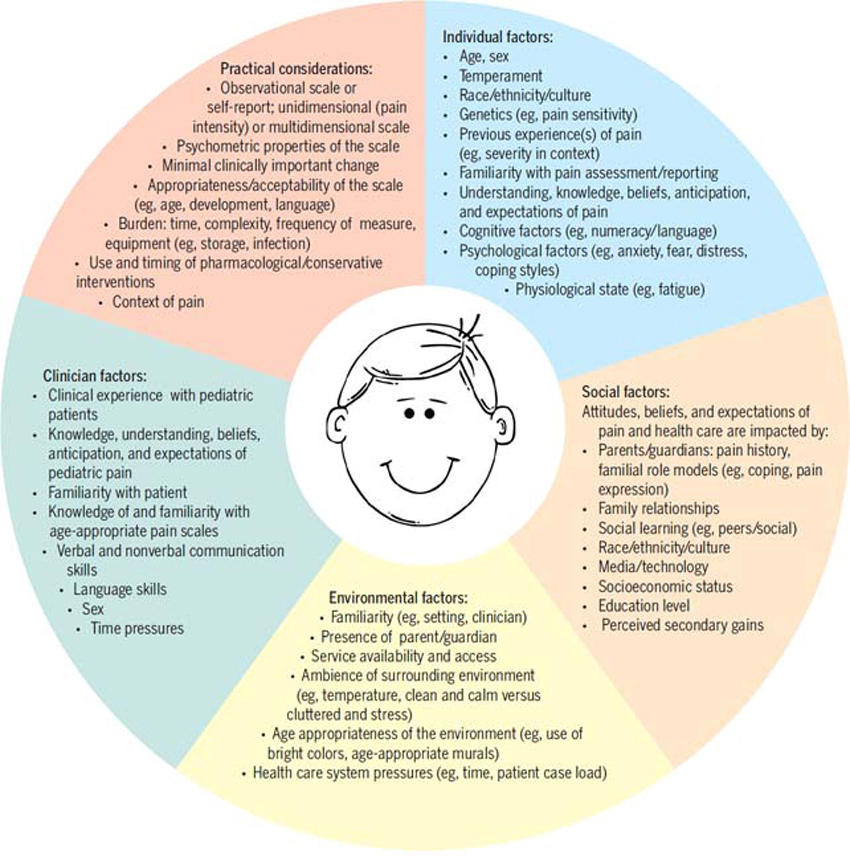Association Between Use of Acid-Suppressive Medications and Antibiotics During Infancy and Allergic Diseases in Early Childhood
SOURCE: JAMA Pediatrics 2018 (Apr 2) [Epub]
Edward Mitre, MD; Apryl Susi, MS; Laura E. Kropp, MPH
Department of Microbiology and Immunology,
F. Edward Hébert School of Medicine,
Uniformed Services University of the Health Sciences,
Bethesda, Maryland
| A new Study reports: Infants who are given antacids like Zantac or Pepcid are more likely to develop childhood allergies FROM: TIME Magazine ~ April 2, 2018 Infants who are given antacids like Zantac or Pepcid are more likely to develop childhood allergies, perhaps because these drugs may alter their gut bacteria, a new large study suggests. Early use of antibiotics also raised the chances of allergies in the study of nearly 800,000 children. Researchers combed the health records of kids born between 2001 and 2013 and covered by Tricare, an insurance program for active duty and retired military personnel and their families. A surprising 9 percent of the babies received antacids, reflecting the popularity of treating reflux in infancy. Over four years, more than half of all the children developed allergies to foods or medications, rashes, asthma, hay fever or other allergic diseases. The study couldn’t prove causes, but the connection with antacids and antibiotics was striking. For children who received an antacid during their first six months, the chances of developing a food allergy doubled; the chances of developing a severe allergic reaction called anaphylaxis or hay fever were about 50 percent higher. For babies who received antibiotics, the chances doubled for asthma and were at least 50 percent higher for hay fever and anaphylaxis. The results were published Monday in JAMA Pediatrics. |
The Abstract:
Importance Allergic diseases are prevalent in childhood. Early exposure to medications that can alter the microbiome, including acid-suppressive medications and antibiotics, may influence the likelihood of allergy.
Objective To determine whether there is an association between the use of acid-suppressive medications or antibiotics in the first 6 months of infancy and development of allergic diseases in early childhood.
Design, Setting, and Participants A retrospective cohort study was conducted in 792,130 children who were Department of Defense TRICARE beneficiaries with a birth medical record in the Military Health System database between October 1, 2001, and September 30, 2013, with continued enrollment from within 35 days of birth until at least age 1 year. Children who had an initial birth stay of greater than 7 days or were diagnosed with any of the outcome allergic conditions within the first 6 months of life were excluded from the study. Data analysis was performed from April 15, 2015, to January 4, 2018.
Exposures Exposures were defined as having any dispensed prescription for a histamine-2 receptor antagonist (H2RA), proton pump inhibitor (PPI), or antibiotic.
Main Outcomes and Measures The main outcome was allergic disease, defined as the presence of food allergy, anaphylaxis, asthma, atopic dermatitis, allergic rhinitis, allergic conjunctivitis, urticaria, contact dermatitis, medication allergy, or other allergy.
There are more articles like this @ our:
Results Of 792,130 children (395,215 [49.9%] girls) included for analysis, 60,209 (7.6%) were prescribed an H2RA, 13,687 (1.7%) were prescribed a PPI, and 131,708 (16.6%) were prescribed an antibiotic during the first 6 months of life. Data for each child were available for a median of 4.6 years. Adjusted hazard ratios (aHRs) in children prescribed H2RAs and PPIs, respectively, were 2.18 (95% CI, 2.04-2.33) and 2.59 (95% CI, 2.25-3.00) for food allergy, 1.70 (95% CI, 1.60-1.80) and 1.84 (95% CI, 1.56-2.17) for medication allergy, 1.51 (95% CI, 1.38-1.66) and 1.45 (95% CI, 1.22-1.73) for anaphylaxis, 1.50 (95% CI, 1.46-1.54) and 1.44 (95% CI, 1.36-1.52) for allergic rhinitis, and 1.25 (95% CI, 1.21-1.29) and 1.41 (95% CI, 1.31-1.52) for asthma. The aHRs after antibiotic prescription in the first 6 months of life were 2.09 (95% CI, 2.05-2.13) for asthma, 1.75 (95% CI, 1.72-1.78) for allergic rhinitis, 1.51 (95% CI, 1.38-1.66) for anaphylaxis, and 1.42 (95% CI, 1.34-1.50) for allergic conjunctivitis.
Conclusions and Relevance This study found associations between the use of acid-suppressive medications and antibiotics during the first 6 months of infancy and subsequent development of allergic disease. Acid-suppressive medications and antibiotics should be used during infancy only in situations of clear clinical benefit.
Key Points
|
From the FULL TEXT Article:
Introduction
The cumulative prevalence of allergic diseases and asthma has risen over the past several decades. In particular, food allergy has exhibited a particularly brisk rise in children [1-4] Furthermore, studies in the United States and other countries have demonstrated increases in allergic rhinoconjunctivitis, asthma, skin prick test positivity to common allergens, and hospitalizations due to anaphylaxis. [5-9]
An area of environmental change that may be contributing to the rise of allergic diseases is the increasing use of medications that alter the development of the human microbiome. Both gastric acid–suppressive medications and antibiotics have been implicated as factors that may enhance the development of allergic diseases. [10-13] Use of these medications, which can directly cause intestinal dysbiosis, is of concern in light of increasing evidence that alterations in the human microbiome can increase the risk for allergy development. [11, 14, 15] Furthermore, acid-suppressive medications, which reduce protein digestion, can affect how ingested antigens are processed in the intestinal tract. Acid suppression has been shown to increase immunoglobulin (Ig) E production in response to orally ingested antigens in animal studies [16, 17] and has been associated with food and medication allergy in humans. [18-20]
The objective of this study was to evaluate the hypothesis that exposure to either acid-suppressive medications or antibiotics during infancy is associated with an increased risk of childhood allergic diseases. We tested this hypothesis by conducting a retrospective cohort analysis investigating the development of allergy in children in the TRICARE Management Activity Military Health System (MHS) database.
Read the rest of this Full Text article now!





Leave A Comment